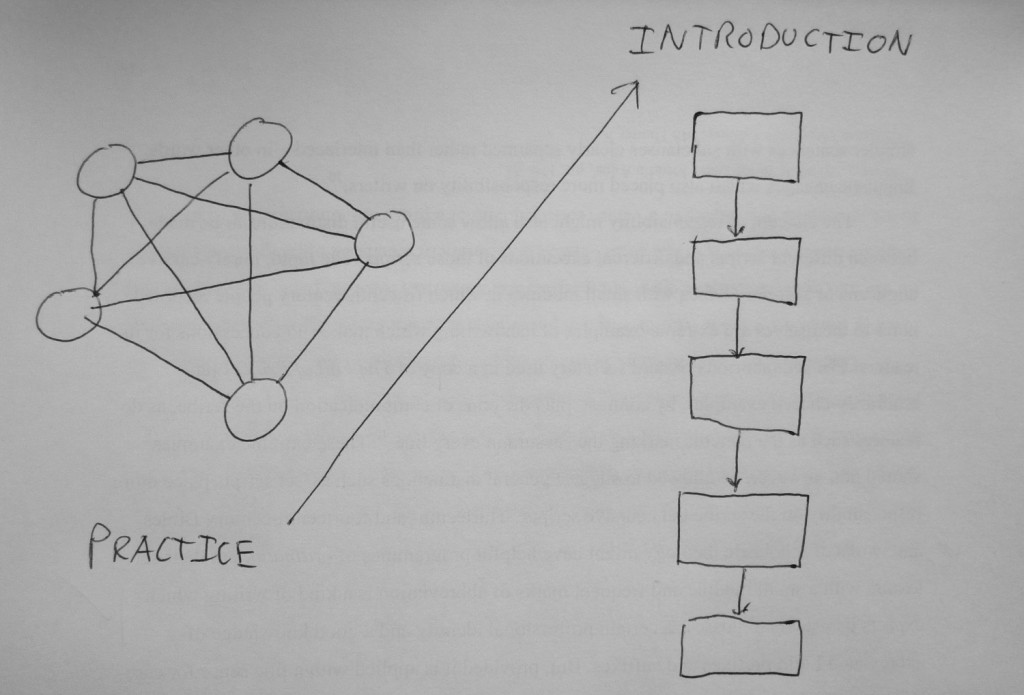Before I witter about what I’ve been up to, some links.
Jenni Nuttall has been writing a series of helpful guides to different aspects of Middle English poetics on her blog. I can see these being primarily useful for an undergraduate audience, but I’ll admit I found reading them helpful myself—they’ve reminded me of some questions about the mechanics of form. What do we notice about the form of a poem, and why do we notice those things and not others? What did people notice in poems five hundred years ago, and how can we tell? These are questions which hang around the periphery of a chapter I’m returning to right now.
Also, the Bodleian’s new Weston Library is open and Sjoerd Levelt has a write-up. I visited on Monday and second his praise (and his hope that Duke Humphrey’s Library can remain as a reading room of some sort!).
I’m back from America, and over the lingering jetlag. I’m quite pleased that nothing very dramatically went wrong on my trip, given the number of different cities and libraries involved. The worst mishap came at the very beginning in Reykjavik: when I flew in for the New Chaucer Society an Icelander and I picked up each others’ similar-looking suitcases by mistake. But Reykjavik is small and friendly enough that this was quickly sorted out.
The NCS session on The Prick of Conscience was useful and provocative and I’m very grateful to Ellen Rentz and Rosemary O’Neill for putting it together. Someone commented that at points it resembled a support group for the few people who study the poem, but I’m not sure that’s necessarily all a bad thing!
I should also thank the staff at a brace of institutions for their help as I raced through the United States consulting manuscripts of Middle English instructional verse I was in a strange chase movie which would make no money, ever: the Houghton Library, Wellesley College Library, the Beinecke Library, the Morgan Library, Princeton University Library and the University of Pennsylvania Library. Most of all I should thank the Huntington Library for the fellowship that made a month’s work there possible. The Huntington’s many relevant manuscripts have usefully extended my body of evidence. It was also immensely useful just to have a settled period of work in a different environment.
For the most part the manuscript research packing list served me very well, so I’m pleased to have that vindicated on the longest research trip of my thesis, and quite possibly of my life!
I have just finished writing a first draft of my introduction. The final version will probably be the last thing I write, but at this point, with two years of work on the thesis behind me, I still found the draft a very useful exercise. Being forced to set out what I’m doing and then justify it on the page sharpened my sense for which issues and questions should recur throughout the rest of the thesis. Writing about my methodology was been something of a challenge though, since I had to unpick a group of ideas which all function together in my head and then explain them separately in some sort of logical order, as in this highly professional diagram which I drew partway through:

Comments